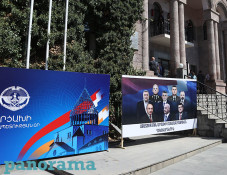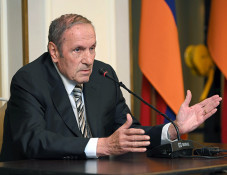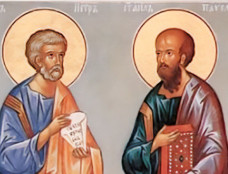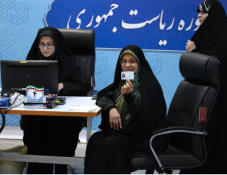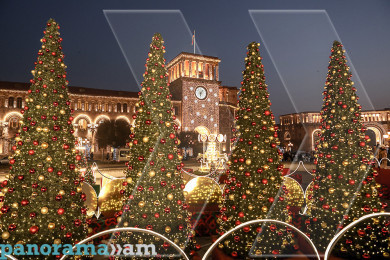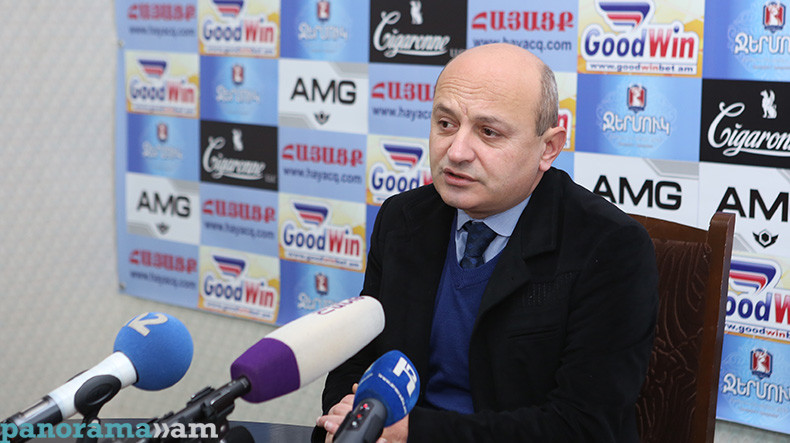
Analyst : Meeting of Armenian, Azeri leaders another step of ‘post-escalation stabilization’
Like all the other meetings between the Armenian and Azerbaijani leadership held after the 2016 April flare-up, the Davos meeting between the Armenian prime minister and Azerbaijan president can be called another step of post-escalation stabilization aimed at taking the region back to its initial starting position, political analyst Stepan Safaryan told a news conference on Wednesday.
According to the expert, the Artsakh (Nagorno-Karabakh) peace talks have stalled because of the extremely opposite positions of the parties to the conflict. He says a process is underway to restore and establish contacts, correct the rhetoric and agree upon various details in negotiations.
Highlighting the continuation of peace talks as a tool to control the situation, the analyst stressed at the same time the new Armenian authorities should not allow Azerbaijan to distort the essence of the conflict or the negotiation process itself.
Safaryan says it’s too early to talk about substantial talks on Artsakh in the near future. Meanwhile, he urges a maximum transparency in the negotiation process.
Touching upon the issue of returning Artsakh to the negotiating table, Safaryan stated the former authorities attempted to settle the issue many times but in vain.
“The return of Artsakh to the negotiating table is the minimum which Azerbaijan cannot object to. Whether the Armenian authorities will succeed or not is a matter of question. It will be a little bit incomprehensible if the Armenian prime minister takes a path other than the one he has announced. I believe Nikol Pashinyan understands well what statement he has made on the topic: Armenia doesn’t decide instead of Artsakh,” he said.
Commenting on the OSCE Minsk Group co-chairs’ statement on ‘preparing the population for peace’ agreed by Armenian and Azerbaijani FMs in Paris, Safaryan stressed the talks cannot yield any results if after the meetings Ilham Aliyev announces that the only way to settle the conflict is a war. “A resolution cannot be imposed from above. It is for the societies, the Artsakh people to decide,” he added.
Related news
Newsfeed
Videos








